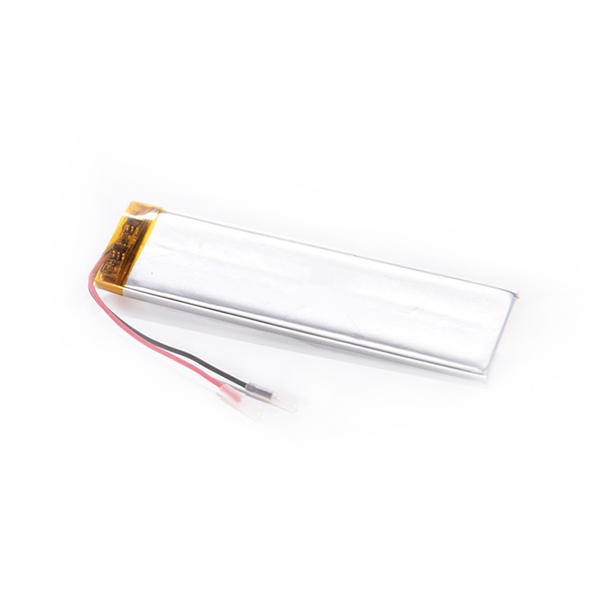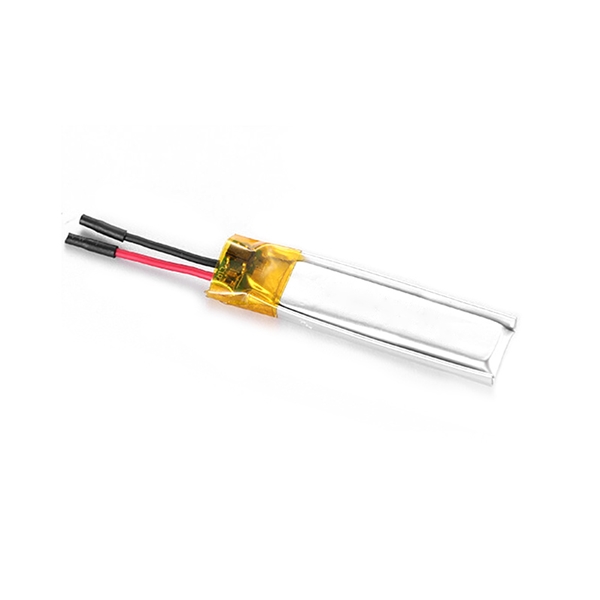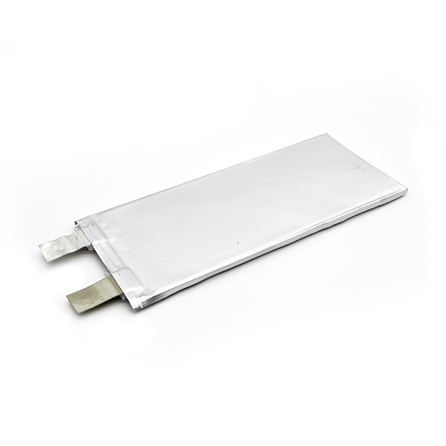-
Home
- Battery
- Application
- Solution
- News
- About Us
Inquiry
Contact UsIf you have any questions, please contact us immediately!Revealing the specific capacity of lithium batteries: how to calculate and evaluate
2024-02-26With the rapid development of technology and the increasing popularity of electronic devices, lithium batteries have become an indispensable part of our lives. Whether it is smartphones, laptops, electric vehicles, or energy storage systems, lithium batteries have won widespread recognition and application due to their unique advantages. However, many people may not understand an important parameter of lithium batteries-specific capacity. This article will delve into the concept of lithium battery specific capacity, calculation methods and how to evaluate its performance to help you understand this key indicator more comprehensively.
1. Definition of specific capacity of lithium battery
Specific capacity, also known as mass specific capacity or volume specific capacity, is an important indicator of how much energy a battery stores. For lithium batteries, it refers to the maximum electrical energy that the battery can store within unit mass or unit volume. In other words, a higher specific capacity means that the battery can store more electrical energy under the same mass or volume, thereby providing longer battery life or taking up less space.
2. Calculation method of specific capacity
Calculation of mass specific capacity
Mass specific capacity (mAh/g) is the ratio of battery capacity to battery mass. The calculation formula is:
Mass specific capacity = (battery capacity/battery mass)× 1000
Among them, battery capacity is usually measured in milliamp hours (mAh), and battery mass is measured in grams (g). For example, if a lithium battery has a capacity of 3000mAh and a mass of 100g, its mass specific capacity is:
(3000 / 100)× 1000 = 300 mAh/g
Volume specific capacity calculation
Volume specific capacity (mAh/cm³) is the ratio of battery capacity to battery volume. The calculation formula is:
Volume specific capacity = (battery capacity/battery volume)× 1000
Among them, the battery capacity is also measured in milliamp hours (mAh), and the battery volume is measured in cubic centimeters (cm³). For example, if a lithium battery has a capacity of 3000mAh and a volume of 50cm³, its volume specific capacity is:
(3000 / 50)× 1000 = 60000 mAh/cm³
3. Evaluation and application of specific capacity
Influencing factors
The specific capacity of lithium batteries is affected by many factors, including positive and negative electrode materials, electrolytes, separators, etc. Among them, the properties and ratio of positive and negative electrode materials are key factors. By optimizing the structure, composition and preparation process of positive and negative electrode materials, the specific capacity of lithium batteries can be effectively improved. In addition, the choice of electrolyte and the porosity of the separator also have an important impact on the specific capacity of lithium batteries.
Evaluation methods
The main methods for evaluating the specific capacity of lithium batteries include experimental testing and theoretical calculations. Experimental testing is to actually use lithium batteries to measure their capacity and mass or volume, and then calculate the specific capacity. This method is simple and intuitive, but may be affected by factors such as test conditions and equipment accuracy. Theoretical calculations are based on the working principle and material properties of lithium batteries, and a mathematical model is established to predict the specific capacity. This method can predict and guide the design and optimization of lithium batteries in advance, but it requires a more complex calculation and analysis process.
Application scenarios
The specific capacity of lithium batteries is of great significance in multiple application scenarios. In the field of consumer electronics, such as smartphones and laptops, higher specific capacity means longer battery life and lighter weight, thereby improving user experience. In the field of electric vehicles, high specific capacity is one of the key factors to improve vehicle range and reduce costs. In addition, in the field of energy storage systems, such as home energy storage, grid energy storage, etc., high specific capacity also helps to improve the energy density and economic benefits of the system.
4. Future Development Trends and Challenges
With the continuous advancement of science and technology and the changing market demand, the research on specific capacity of lithium batteries is also facing new opportunities and challenges. On the one hand, the research and development of new positive and negative electrode materials, electrolytes and separators provide more possibilities for improving the specific capacity of lithium batteries; on the other hand, with the improvement of environmental awareness and the rapid development of the new energy vehicle market, the demand for lithium batteries has increased. The specific capacity puts forward higher requirements. In the future, we need to further strengthen interdisciplinary cooperation and exchanges and promote the in-depth integration of basic research and applied research to achieve continued improvements and breakthroughs in the specific capacity of lithium batteries.
In short, the specific capacity of lithium batteries, as one of the key parameters to measure its energy storage capacity, is of great significance in guiding the design, optimization and application of lithium batteries. By in-depth understanding and mastering the definition, calculation methods and evaluation methods of specific capacity, we can better utilize the advantages and characteristics of lithium batteries to promote technological progress and development in various electronic equipment and electric vehicles.
Follow us- +86 0769-21688994
- Room 603, Building 9, No.1 Boheng Second Road, Songshanhu Park, Dongguan City, Guangdong Province
All rights reserved © Guangdong Qiantu Battery Technology Co., LtdQiantu Battery - Battery













